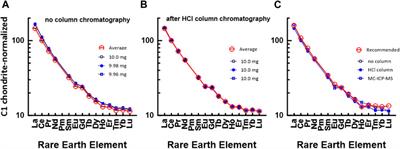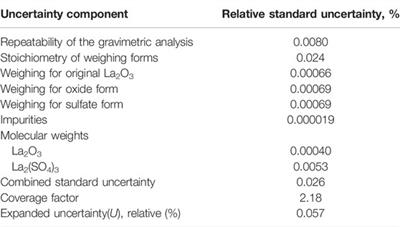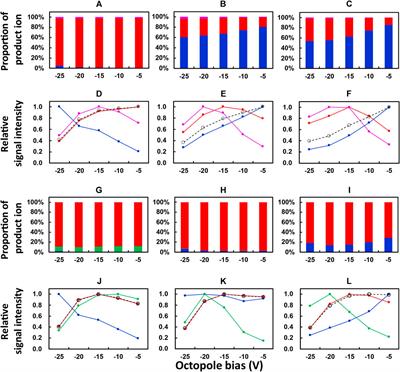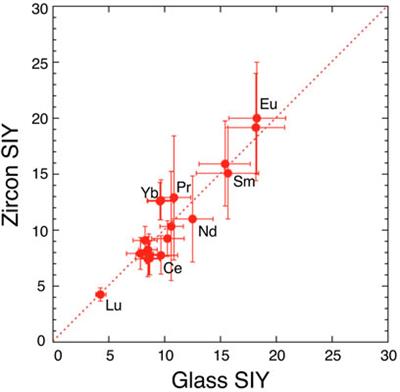ORIGINAL RESEARCH
Published on 12 Jan 2023
Development of an analytical method for accurate and precise determination of rare earth element concentrations in geological materials using an MC-ICP-MS and group separation

doi 10.3389/fchem.2022.906160
- 2,342 views
- 4 citations



